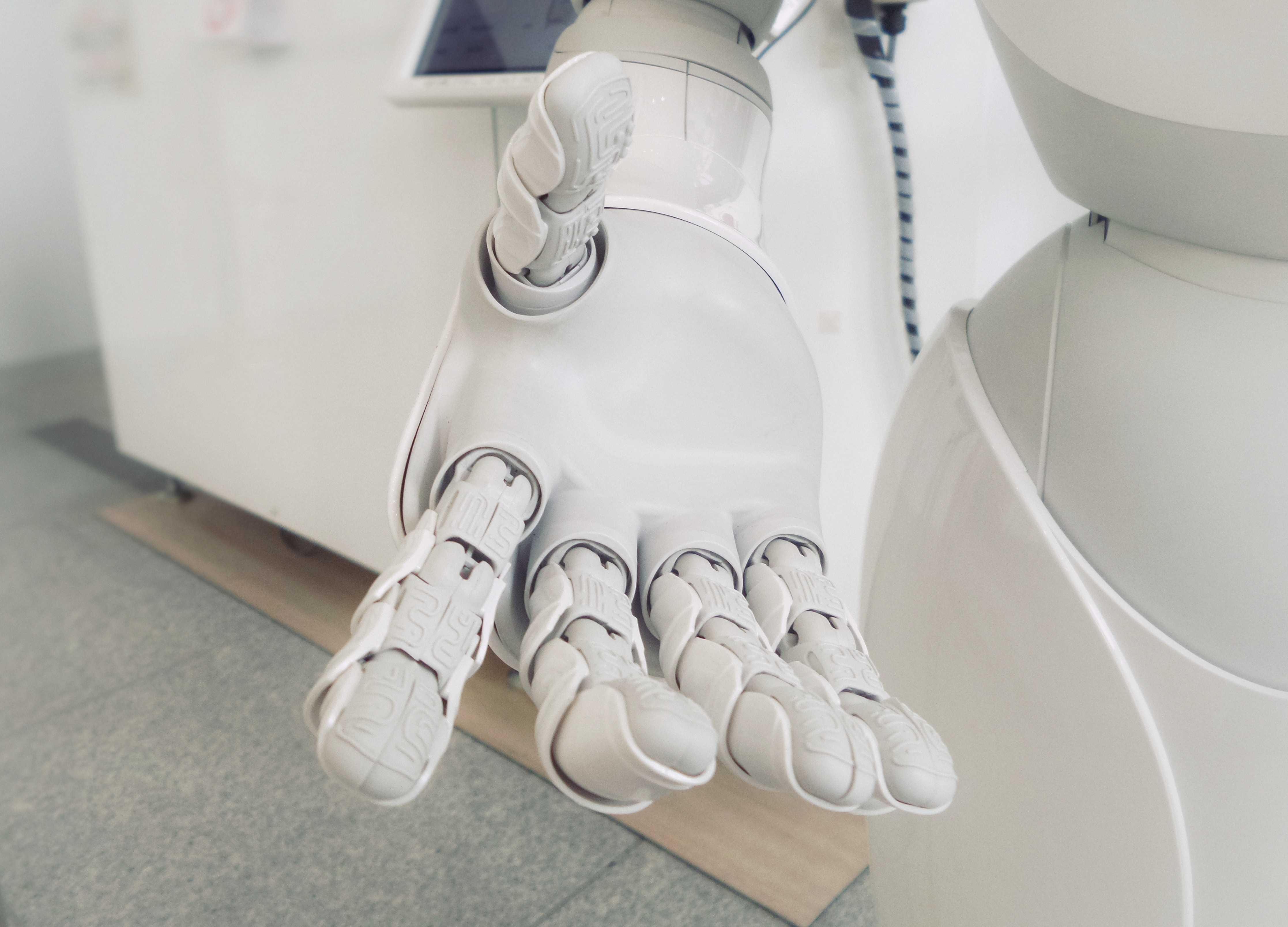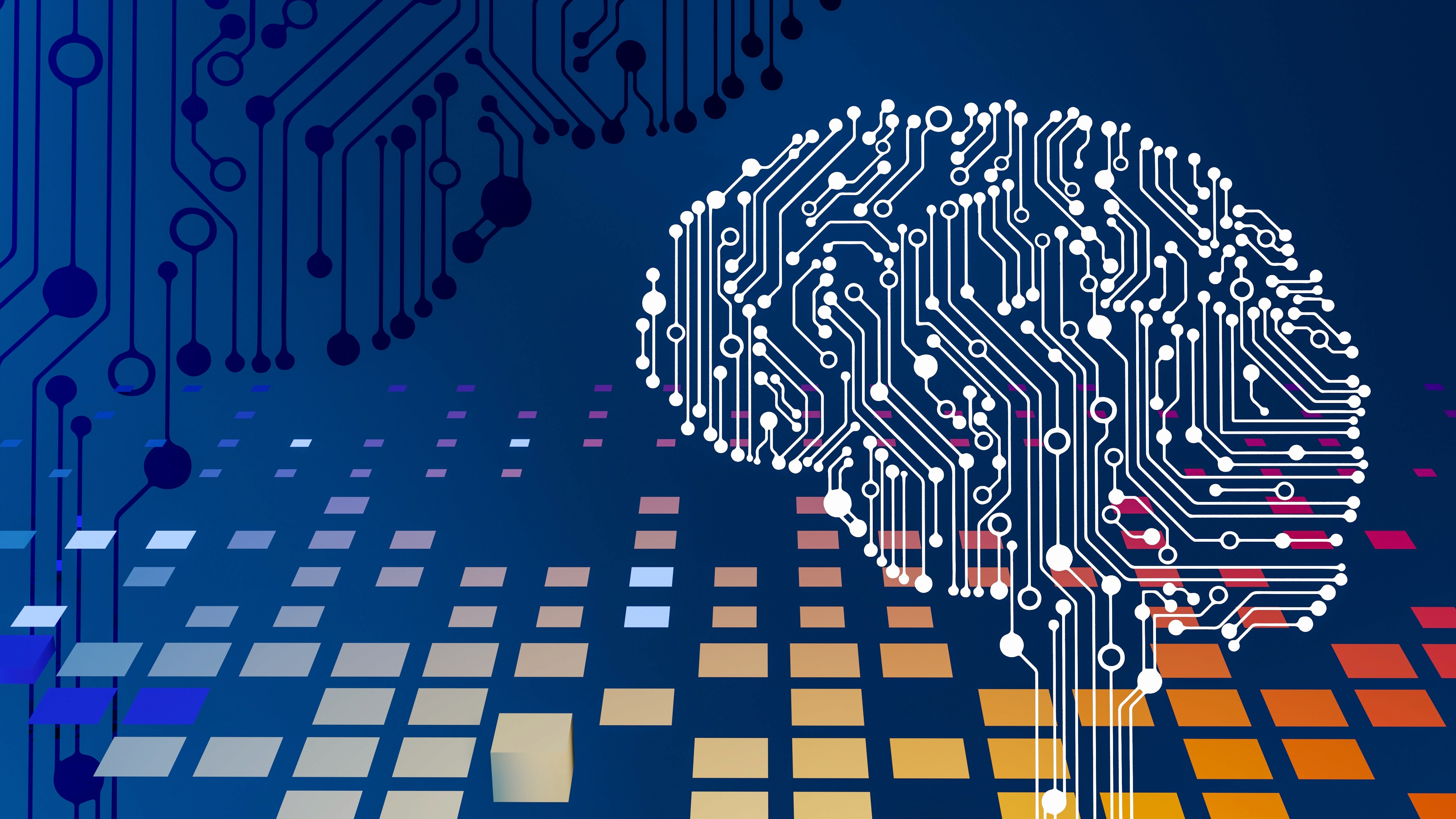The Future of Work: How AI is Transforming Industries
September 19th, 2023

The Future of Work: How AI is Transforming Industries
September 19th, 2023

The Future of Work: How AI is Transforming Industries
September 19th, 2023

AI in Healthcare: A Revolution in Patient Care
One of the most profound impacts of AI can be seen in the healthcare sector. AI-driven diagnostic tools and predictive analytics are enabling healthcare professionals to detect diseases earlier and with higher accuracy. Machine learning algorithms are sifting through vast datasets to identify treatment patterns and recommend personalized treatment plans. Robotics and AI-powered surgical systems are enhancing the precision of medical procedures. As a result, patient care is becoming more efficient, accurate, and accessible.
AI in Manufacturing: The Rise of Smart Factories
The manufacturing industry is experiencing a revolution through the integration of AI. Smart factories equipped with AI-driven automation and robotics are optimizing production processes. Predictive maintenance powered by AI algorithms minimizes downtime and reduces maintenance costs. Human-robot collaboration is creating safer working environments, where humans and machines complement each other's strengths. AI is transforming the way we make products, improving quality, and increasing productivity.
AI in Finance: From Robo-Advisors to Risk Management
The financial sector has been quick to adopt AI technologies. Robo-advisors are providing investment advice based on individual financial goals and risk tolerance. AI-powered algorithms are analyzing vast volumes of financial data to identify market trends and make trading decisions. Fraud detection systems are becoming more accurate, protecting customers from financial crimes. AI is also playing a pivotal role in credit risk assessment, making lending more accessible and affordable.
Conclusion: Adapting to the AI-Driven Future
As AI continues to evolve and permeate various industries, the future of work is being redefined. It's a future where routine tasks are automated, decision-making is augmented by AI insights, and creativity is amplified by AI-powered tools. Embracing AI in the workplace requires a commitment to upskilling, adapting to change, and harnessing the potential of technology to drive progress.
The future of work is not a distant vision; it's unfolding before our eyes. Those who embrace AI's transformative power are poised to thrive in a world where innovation and efficiency go hand in hand, reshaping industries and driving progress for society as a whole.
AI in Healthcare: A Revolution in Patient Care
One of the most profound impacts of AI can be seen in the healthcare sector. AI-driven diagnostic tools and predictive analytics are enabling healthcare professionals to detect diseases earlier and with higher accuracy. Machine learning algorithms are sifting through vast datasets to identify treatment patterns and recommend personalized treatment plans. Robotics and AI-powered surgical systems are enhancing the precision of medical procedures. As a result, patient care is becoming more efficient, accurate, and accessible.
AI in Manufacturing: The Rise of Smart Factories
The manufacturing industry is experiencing a revolution through the integration of AI. Smart factories equipped with AI-driven automation and robotics are optimizing production processes. Predictive maintenance powered by AI algorithms minimizes downtime and reduces maintenance costs. Human-robot collaboration is creating safer working environments, where humans and machines complement each other's strengths. AI is transforming the way we make products, improving quality, and increasing productivity.
AI in Finance: From Robo-Advisors to Risk Management
The financial sector has been quick to adopt AI technologies. Robo-advisors are providing investment advice based on individual financial goals and risk tolerance. AI-powered algorithms are analyzing vast volumes of financial data to identify market trends and make trading decisions. Fraud detection systems are becoming more accurate, protecting customers from financial crimes. AI is also playing a pivotal role in credit risk assessment, making lending more accessible and affordable.
Conclusion: Adapting to the AI-Driven Future
As AI continues to evolve and permeate various industries, the future of work is being redefined. It's a future where routine tasks are automated, decision-making is augmented by AI insights, and creativity is amplified by AI-powered tools. Embracing AI in the workplace requires a commitment to upskilling, adapting to change, and harnessing the potential of technology to drive progress.
The future of work is not a distant vision; it's unfolding before our eyes. Those who embrace AI's transformative power are poised to thrive in a world where innovation and efficiency go hand in hand, reshaping industries and driving progress for society as a whole.
AI in Healthcare: A Revolution in Patient Care
One of the most profound impacts of AI can be seen in the healthcare sector. AI-driven diagnostic tools and predictive analytics are enabling healthcare professionals to detect diseases earlier and with higher accuracy. Machine learning algorithms are sifting through vast datasets to identify treatment patterns and recommend personalized treatment plans. Robotics and AI-powered surgical systems are enhancing the precision of medical procedures. As a result, patient care is becoming more efficient, accurate, and accessible.
AI in Manufacturing: The Rise of Smart Factories
The manufacturing industry is experiencing a revolution through the integration of AI. Smart factories equipped with AI-driven automation and robotics are optimizing production processes. Predictive maintenance powered by AI algorithms minimizes downtime and reduces maintenance costs. Human-robot collaboration is creating safer working environments, where humans and machines complement each other's strengths. AI is transforming the way we make products, improving quality, and increasing productivity.
AI in Finance: From Robo-Advisors to Risk Management
The financial sector has been quick to adopt AI technologies. Robo-advisors are providing investment advice based on individual financial goals and risk tolerance. AI-powered algorithms are analyzing vast volumes of financial data to identify market trends and make trading decisions. Fraud detection systems are becoming more accurate, protecting customers from financial crimes. AI is also playing a pivotal role in credit risk assessment, making lending more accessible and affordable.
Conclusion: Adapting to the AI-Driven Future
As AI continues to evolve and permeate various industries, the future of work is being redefined. It's a future where routine tasks are automated, decision-making is augmented by AI insights, and creativity is amplified by AI-powered tools. Embracing AI in the workplace requires a commitment to upskilling, adapting to change, and harnessing the potential of technology to drive progress.
The future of work is not a distant vision; it's unfolding before our eyes. Those who embrace AI's transformative power are poised to thrive in a world where innovation and efficiency go hand in hand, reshaping industries and driving progress for society as a whole.


